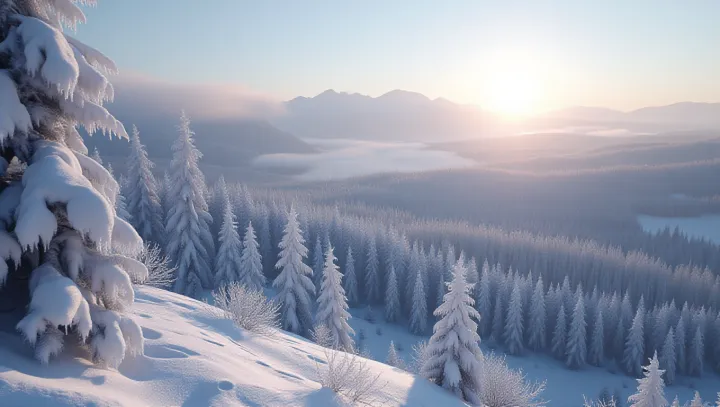Hidden Charms of Winter Snow

As the northern hemisphere transitions into winter, the allure of snow-covered landscapes captivates countless individuals. In scenic locales like Aspen, Colorado, the snow transforms ordinary terrain into a breathtaking spectacle. Enthusiasts and photographers revel in this annual wonder, eager to capture the ephemeral beauty of a pristine, white world.
Aspen, known for its picturesque snow scenery, attracts both domestic and international tourists. The town's snow-blanketed vistas offer a serene escape from the everyday hustle, drawing visitors into an icy embrace that is myriad in its visual appeal. Its slopes and trails provide an ideal setting for winter sports enthusiasts and nature lovers alike.
Experts argue that this fascination with snow scenery is deeply rooted in human psychology. Snow-draped landscapes are perceived as calming, often referred to as 'nature's serene canvas,' that provide a much-needed respite from the chaos of modern life. This tranquility, coupled with the majestic visuals, is believed to have positive psychological impacts, enhancing well-being and mood.
"Snow scenes spark a unique sense of wonder and peace," says Dr. Emily Fairbanks, a climate psychologist. She suggests that these experiences enable individuals to reconnect with nature on a profound level, highlighting the importance of preserving these natural winter wonders for future generations.
